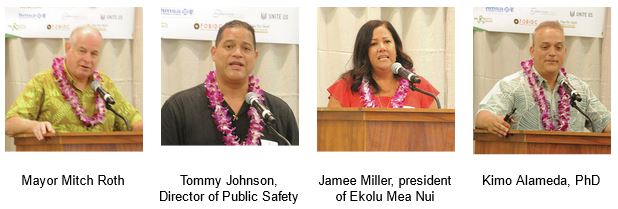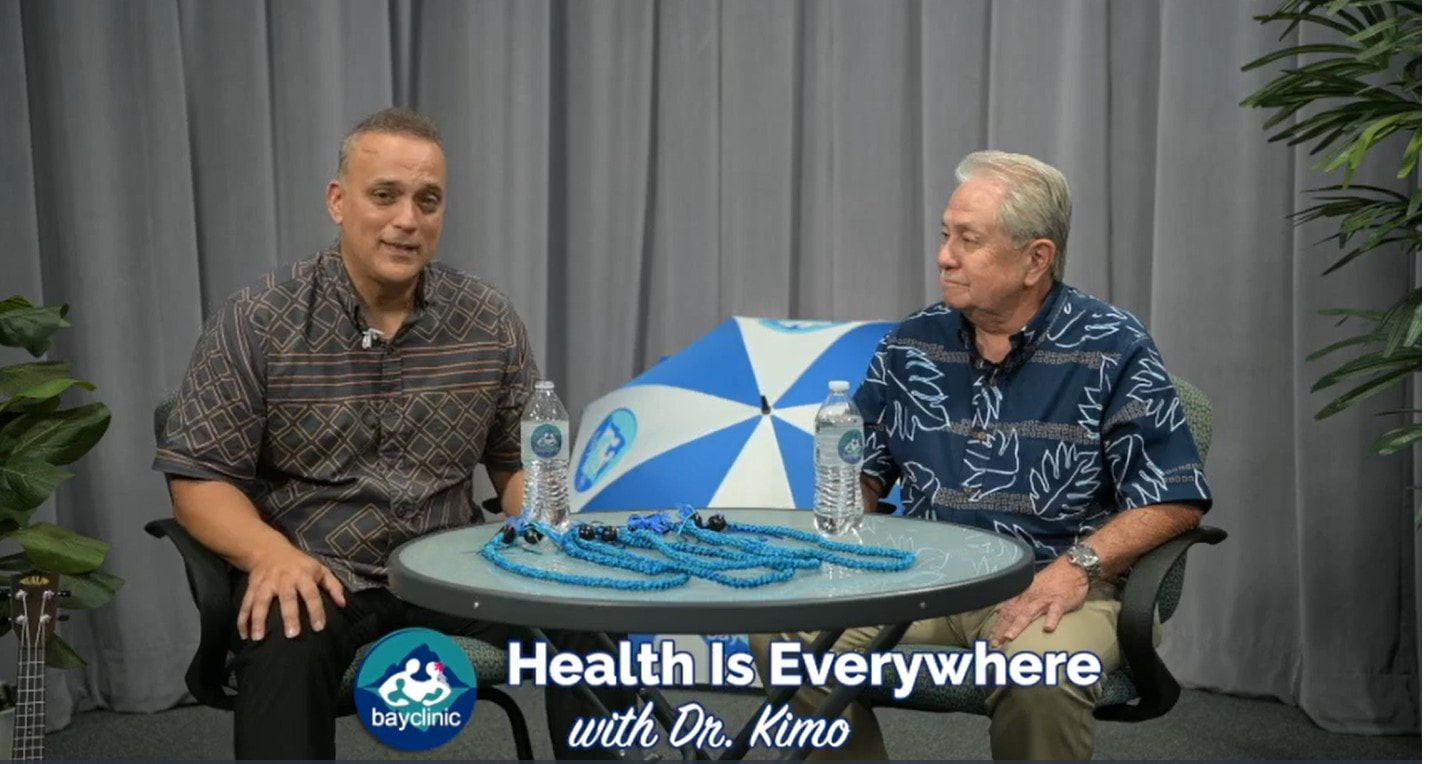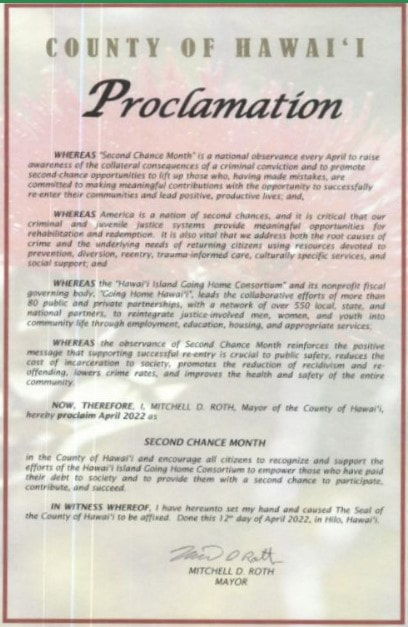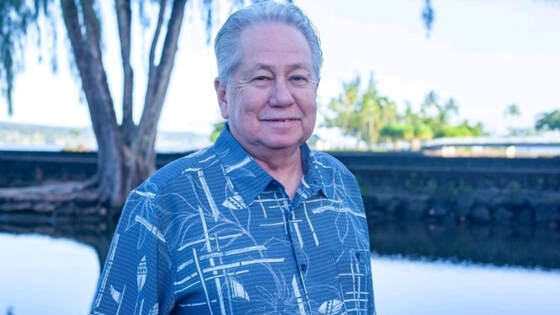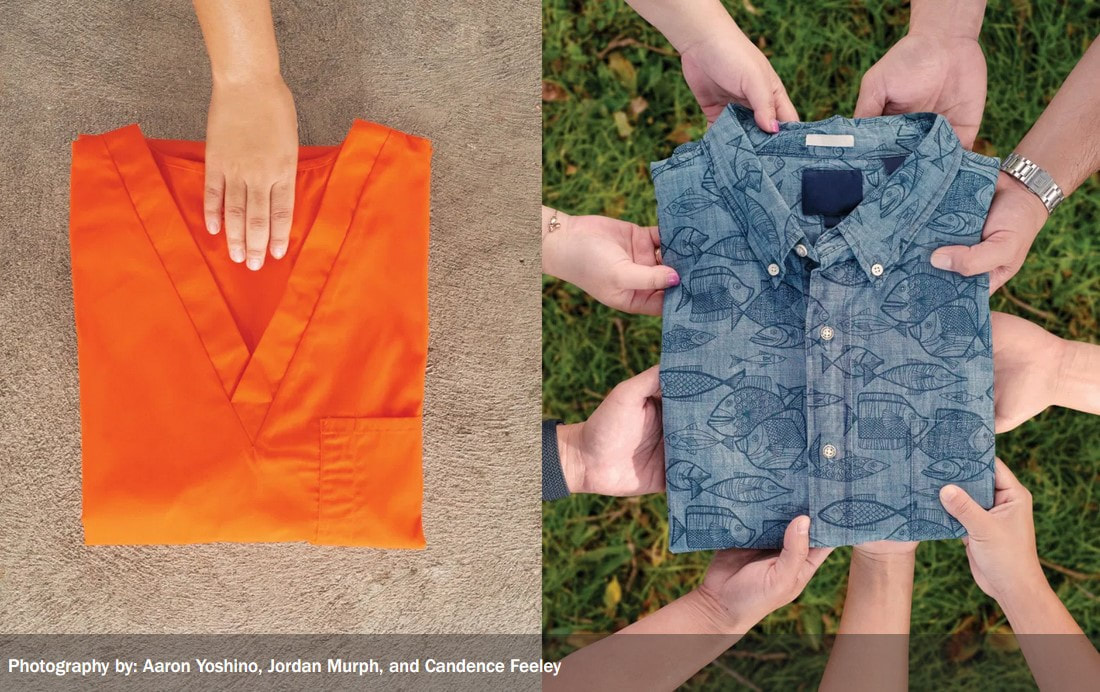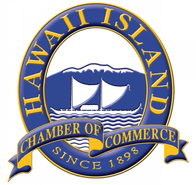|
Photo credit: L Ruminski On Wednesday, August 23, 300 participants from government, private and nonprofit organizations and community members convened at the King Kamehameha Kona Beach Resort to discuss ways of ending the cycle of recidivism through housing solutions, healthcare, employment, and community safety. Read the West Hawaii Today article or copy.
0 Comments
Adapted from the Oversight Coordinator Monthly Reports for December 15th, 2022:
GHH leadership met with Hawaii Correctional System Oversight Commission Chair Mark Patterson, Commission Member Theodore Sakai, and Oversight Coordinator Christin Johnson on October 12th, 2022, to discuss concerns regarding justice-involved homeless individuals, specifically within the jail and prison system. Since 2004, the Hawai`i Island Going Home Consortium has been leading efforts to provide innovative and culturally responsive reentry and reintegration services to justice-involved individuals, their families, and communities. GHH has taken the initiative to develop a strategy for intergovernmental collaboration meetings leading up to a Reentry Housing Summit in April 2023. The Coordinator and Commission will be an active part in the intergovernmental collaboration and staff will attend the Reentry Housing Summit. Full December 2022 Report. Community Alliance Partners (CAP) has published their 2022 Election Questionnaire, which invited candidates running for a range of offices to respond to questions about housing and homelessness. The questionnaire was developed and facilitated by CAP, a coalition of non-profit, government, business and community stakeholders and volunteers committed to ending homelessness of Hawai`i Island. In sharing their views on ending homelessness, several candidates cited the work of Going Home Hawai`i, in the order listed in the Election Questionnaire:
Show Details: Going Home Hawaii & The Men of Pa'a: Les Estrella, Going Home Hawaii; Carlos, Ian, Rick of the Men of Pa'a. -- The health of our environment has a trickle-down effect which eventually impacts our individual health. The guests talk about the social determinants of health and their expertise in bettering our environment to enhance good health for everyone-everywhere. Watch here.
Going Home was featured in Big Island Times in an article by Emily Bevard titled, "Going Home Hawaii Seeks to 'Break the Cycle of Recidivism' for Those Leaving the Justice System and Reentering Society."
The organization, CEO Les Estrella said, exists for the community to have a safe space for all to enjoy. By assisting formerly incarcerated individuals and their families, he said they can break up the cycle of recidivism and improve safety in the community. While the state’s recidivism rate currently sits at about 60%, Estrella said programs like Going Home Hawaii reduce the rate to around 15 to 20%. “It’s cost-effective to put money and resources into community programs that help to transform people into contributing members, instead of putting them away to come back out again and commit another crime,” Estrella said. Read the full article. “[Reentry support] is not just about helping the individual transition successfully, but caring for our community itself.” Les Estrella, GHH CEO in "Secrets of Success After Prison" Learn more about justice-involved individuals changing their lives with the help of supportive programs and caring employers across the state in "Secrets of Success After Prison" by Beverly Creamer in HawaiiBusiness Magazine.
For those coming out of prison, there are only a handful of residential treatment centers. "We were never going to solve our problems just by locking people up,” Hawaii County Prosecutor Mitch Roth told Civil Beat in July, noting that Hawaii’s prison system was already operating at capacity.
But if incarceration is not the answer to crime, what is? Many criminals in the county’s jails and state prison system have substance abuse problems — if they didn’t commit crimes in order to get drugs or aren’t incarcerated for possession, then the drugs may have impaired their judgment. Getting them off drugs could help. The good news is that Hawaii County has several good programs to help addicts kick their habits. The bad news: Like the prison system, they’re also overcrowded — especially residential programs that can get addicts off the street and into a 24-hour supportive environment. “Very few beds are available for in-patient treatment island-wide,” says Susan Volpe, a counselor at the Lokahi Treatment Center in Pahoa. “Patients for in-patient facilities must wait up to three months. Two or three facilities do detox, but other facilities want patients to come in clean. If they could do that, they wouldn’t have to go there.” Other experts and volunteers in the field said that drug treatment programs on the Big Island also faced shortages of psychiatrists and Certified Substance Abuse Counselors (CSACs). The shortages have deep roots. “Mental health services since 2009 have been really challenging because of the shortages and cutbacks under the Lingle Administration at that time reduced funding for providers of services through the mental health division,” notes Les Estrella, who heads Going Home Hawaii, a nonprofit consortium of agencies and organizations trying to help prisoners transition back to civilian life. “That resulted in higher rates of relapse and recidivism for persons with mental health issues in Hawaii County.” It’s difficult to pin down statistics on the extent of the drug problem on the Big Island, but experts say it’s huge. -- Read the full article by Alan McNarie on Honolulu Civil Beat. -- |
Archives
April 2024
Categories
All
|

